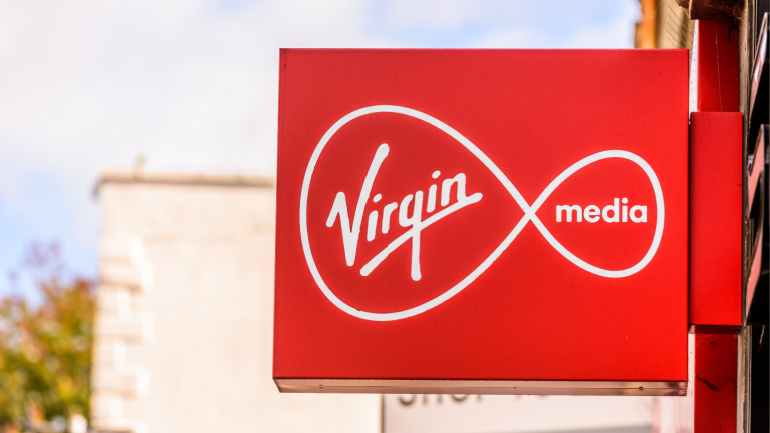In a bold move to reshape the UK’s broadband landscape, VMO2, backed by shareholders Liberty Global and Telefónica, has announced the launch of a new fixed network company, ambitiously positioned as a direct competitor to BT’s Openreach. Dubbed NetCo for now, this venture aims to accelerate the adoption of full fibre broadband, offering a fresh financing framework and a potential platform for the consolidation of alternative network providers (altnets).
Ooredoo drives Qatar National Vision 2030 with a widespread fiber rollout, covering 99.9% of households, maintaining high service levels and introducing innovative technologies. Vodafone UK advocates for the implementation of 5G SA technology, citing its transformative impact on industries, such as renewable energy and agriculture. CableLabs has made strides in deploying 10G network in 2023, advancing DOCSIS 4.0 technology, issuing CPON architecture specifications, and accelerating FTTP adoption. Microsoft’s new Copilot key represents a groundbreaking addition to Windows keyboards, integrating AI seamlessly and signaling a significant shift after three decades.
As the year draws to a close, the Radio and Internet Services Department (RDI) is inching closer to launching private local spectrum licenses for enterprise clients. Set to equip them with the 3.5GHz spectrum and power the assembly of private 5G networks, this promises to transform sectors such as Virtual Reality and autonomous vehicles. However, some concerns have borne by airports and ports on fair allocation.
The ambitious nexfibre roll-out strategy continues with plans to extend their services using the advanced XGS-PON architecture, promising symmetrical speeds up to 10 Gbps. This includes expansion into locations like Kent, Cheshire, and Durham. With fruitful collaboration with Virgin Media O2, nexfibre is set to revolutionize broadband access in the UK.
Initiated by the UK government, the Shared Rural Network (SRN) aims to eradicate coverage black spots and ensure widespread 4G coverage. This project has been approached with differing bravado by top network operators. Juncture tensions arise as key operators plead for deadline leniency, while EE stands confident in its progress. All eyes are on the government’s response to this collective request while interest in the ongoing infrastructure debate climaxes. Stay informed as the narrative unfolds.
BT unveils Global Fabric – a pioneering network-as-a-service product bridging various cloud environments. Flaunting adaptability and cost-effectiveness, this tool empowers users with the liberty to select and manage data transit routes. Uniquely functioning on AI-backed digital orchestration, Global Fabric predicts an enhanced application experience. BT envisages this as the future of connectivity, harboring better cost efficiencies, heightened application performance, while maintaining a robust defense against cyber threats. Its introduction holds substantial potential to revolutionize the network management market.
Despite a minor dip in its median download speed, T-Mobile continues to reign in mobile performance. However, Verizon and AT&T are gradually closing the gap, as reflected in Ookla’s recent market report. Nonetheless, T-Mobile remains dominant, not only in download speed but across most network parameters. The race is particularly close in 5G latency and consistency, where all three telecom giants exhibit competitive performance. Stay tuned as these corporate titans strive to have the final say in technological supremacy.
IBM’s latest partnership with the UK government to create a national biometrics platform has sparked heated debate within the tech community. While the tech giant affirms its commitment against mass surveillance, fear persists about the system’s potential for misuse. Transparency and clear parameters for this new technology’s use are now of paramount importance.
Vodafone UK announces more accessible and fixed-rate wireless options amid the routine living costs in the UK, further bolstering its reputation as a company committed to social tariffs. This latest offering serves as a beacon of hope for families under financial strain, with an impressive broadband speed, zero installation fees, and an escape clause without extra charges. However, critics caution that this may not be the most affordable deal available, despite being from a mainstream provider.
In a major step toward network evolution, UK’s Virgin Media O2 (VMO2) has successfully tested and begun selling services powered by cutting-edge XGS PON fibre technology. This move, primed to revolutionize digital connectivity, promises customers symmetric 10 Gbps upload and download speeds but might initially be geographically limited. The transformative technology is expected to rival offerings from other telco giants whilst unlocking the potential for future technological advancements.













